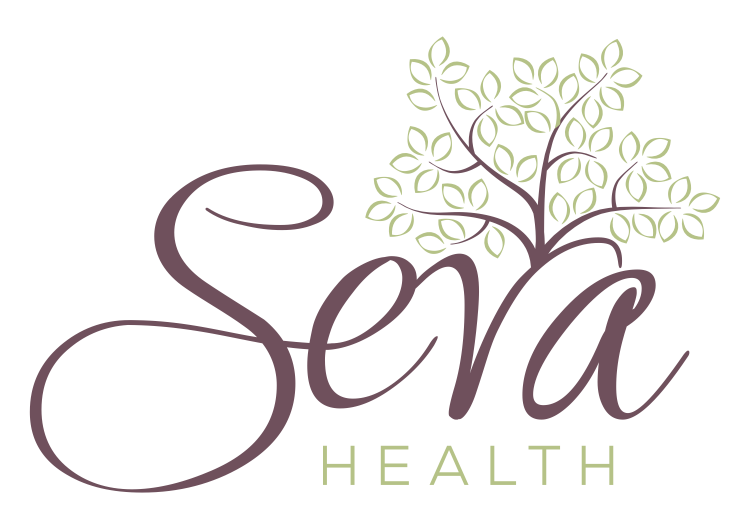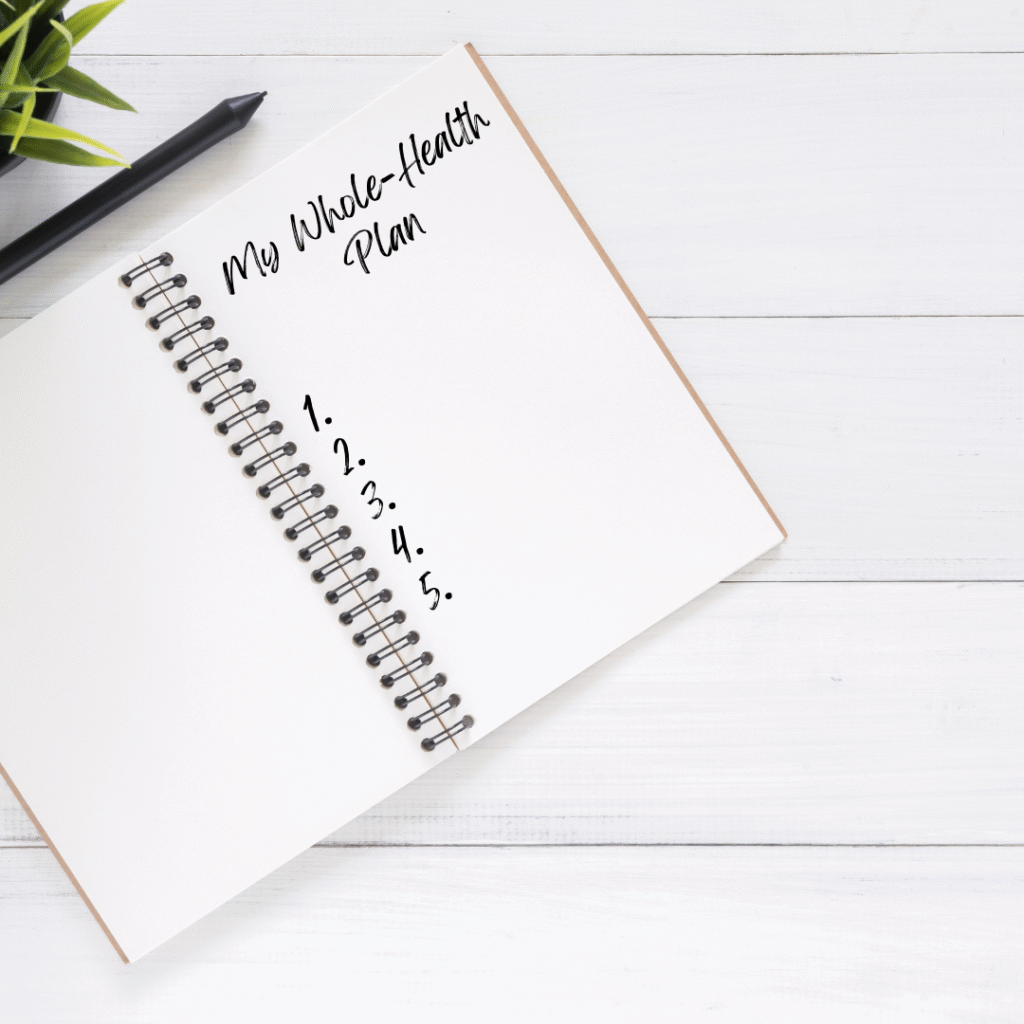
22 Apr Feeling Off Lately? Let’s Talk About Histamine
Ever feel like your body’s throwing a tantrum for no good reason? One day, it’s a migraine out of nowhere, the next your skin’s flaring up, or your stomach’s in full rebellion after a meal that’s never caused issues before. You guess that it’s stress, allergies, or have been told (unhelpfully) it’s “all in your head.” But what if there’s something else going on behind the scenes?
Histamine intolerance—a sneaky, often-missed culprit that can cause a laundry list of symptoms and leave you chasing answers for years. Let’s break down what it is, how it works, and most importantly, what you can do about it.
So, What Is Histamine Intolerance?
Histamine isn’t just that thing you take an antihistamine for—it’s actually a natural chemical your body makes. It plays a role in digestion, immune response, and even brain function. But too much of it can cause problems.
Histamine intolerance happens when your body can’t break down histamine properly. Normally, the enzyme diamine oxidase (DAO) handles this job in your gut. But if DAO levels are low—or histamine is piling up faster than your body can clear it—you start experiencing symptoms that feel a lot like allergies or other chronic issues. Unlike an allergy, though, this isn’t an immune system reaction. It’s more like your body’s histamine bucket overflowing.
Common Signs Your Histamine Bucket Is Overflowing
Because histamine impacts so many systems in the body, the symptoms can be wildly varied—and confusing. Here are some common ones to look out for:
- Skin troubles: Flushing, hives, rashes, or chronic itching
- Digestive distress: Bloating, nausea, diarrhea, or acid reflux
- Neurological issues: Headaches, migraines, brain fog, or anxiety
- Heart-related symptoms: Palpitations or low blood pressure
- Breathing issues: Congestion, sneezing, or asthma-like symptoms
- Hormonal shifts: PMS flare-ups, irregular periods, or hot flashes
Symptoms can come and go, making the pattern tricky to spot—especially if you’re eating the same foods and living the same way day to day.
Why It’s Often Misdiagnosed
Here’s the frustrating part: histamine intolerance often flies under the radar. That’s because its symptoms mimic everything from food allergies to IBS to panic attacks. And since there’s no one-size-fits-all test to diagnose it, people often end up bouncing between doctors and specialists without clear answers.
Blood tests can measure histamine or DAO levels, but those numbers don’t always line up with how you feel. That’s why a proper evaluation often takes a deeper, more holistic look at your symptoms, diet, lifestyle, and medical history.

What Can Trigger Histamine Intolerance?
A few key players can throw your histamine balance off:
- Gut imbalances: Issues like leaky gut, dysbiosis, or SIBO (small intestinal bacterial overgrowth) can mess with DAO production.
- Nutrient gaps: DAO depends on nutrients like vitamin C, B6, and copper to function properly.
- Hormone shifts: Estrogen can stimulate histamine release, so many women notice symptoms spike around ovulation or menstruation.
- Diet: Foods like aged cheeses, wine, fermented goods, and even healthy veggies like tomatoes and spinach are high in histamine.
- Medications: Certain drugs (like NSAIDs or some antidepressants) can reduce DAO activity or trigger histamine release.
Getting the Right Testing and Answers
If you suspect histamine intolerance, a few things can be done, including a combination of tests, such as:
- Histamine and DAO blood levels
- Nutrient deficiency panels
- Gut health assessments (checking for SIBO, leaky gut, or dysbiosis)
- Food sensitivity tests
- Hormone evaluations
The goal? Identify why your body can’t handle histamine—and address the root, not just the symptoms.
How to Calm the Chaos: A Whole-Body Game Plan
Managing histamine intolerance takes more than cutting out wine and cheese (though that might help at first). A whole-body strategy can support healing and long-term balance.
1. Nurture Your Gut
Since your gut is home base for DAO production, improving gut health is step one. Try:
- Bone broth, collagen, and glutamine to help heal the gut lining
- Probiotics that don’t produce histamine (e.g., Lactobacillus rhamnosus, Bifidobacterium infantis)
- Targeted treatment for gut imbalances like SIBO, if needed
2. Boost DAO-Supporting Nutrients
Your body needs certain nutrients to make DAO and process histamine. Focus on:
- Vitamin B6 (found in poultry, bananas, potatoes)
- Vitamin C (a natural antihistamine—think citrus, peppers, and berries)
- Copper (from seeds, nuts, shellfish, and organ meats)
- Quercetin (a plant compound that stabilizes mast cells and reduces histamine release)
3. Go Low-Histamine—Temporarily
You don’t need to avoid high-histamine foods forever, but cutting back during a flare-up can give your body a break. Stick to fresh (not leftover) meals, unprocessed meats, leafy greens, and non-citrus fruits while your system resets.
4. Manage Stress and Support Detox
Chronic stress amps up inflammation and slows healing. Regular movement, mindfulness practices, and quality sleep all help regulate histamine levels. Don’t forget hydration and liver-supporting foods like cruciferous veggies—they help your body clear out excess histamine efficiently.
Optimize Your Health Through Lifestyle Medicine
Histamine intolerance may be flying under your radar—but it doesn’t have to keep running the show. With a deeper understanding of your body, targeted support, and a bit of detective work, you can bring things back into balance and start feeling like you again.
If your symptoms have you stumped, don’t give up. You’re not imagining things, and you’re definitely not alone.
Want help unraveling your symptoms or navigating a healing plan? Reach out! You’ve got options—and healing is possible.
When your body’s out of balance—thanks to inflammation, nutrient gaps, or even hidden issues like histamine intolerance—your brain feels it too. Foggy thinking, mood swings, low energy? These aren’t just random off days. They’re signals. And the good news is, you can do something about it.

Your brain needs consistent care, just like the rest of your body. Eating nutrient-rich, anti-inflammatory foods, moving regularly, and keeping your mind engaged can go a long way toward protecting cognitive health now and in the future.

Chronic stress affects everything—your gut, hormones, immune system, and yes, your brain. Mindful movement, deep rest, and a nourishing diet (rich in histamine-balancing nutrients like vitamin C and B6) can help regulate mood and bring back your mental clarity.

Every brain is different. What boosts one person’s energy might drain someone else. Finding your unique balance—whether that’s more omega-3s, targeted supplementation, or healing your gut—can make a world of difference in how you feel and function each day.

Your brain thrives on stimulation, rest, and connection. Prioritize sleep, stay curious, and build supportive relationships—these all play a role in sharpening memory, improving focus, and keeping your mind strong as you age.

When fatigue and fog become your norm, it’s time to look deeper. Histamine overload, nutrient imbalances, or gut dysfunction might be quietly draining your mental energy. Whole-body healing—starting with food, movement, and rest—can help restore clarity and vitality.
Your brain is a reflection of your overall wellness. Nourish it, protect it, and give it what it needs to thrive—because clear thinking, better moods, and sustained energy aren’t just possible, they’re within reach.
Want help putting the pieces together? Let’s build a plan that supports your brain and your body.



No Comments